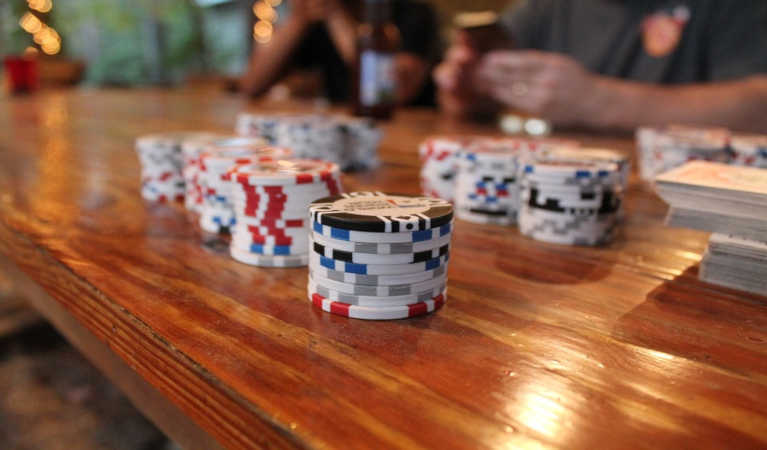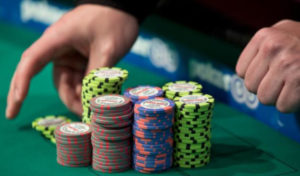Australia has actively sought to contain poker and even uproot the online version of the game. However, the efforts of the government may be coming to an unsuccessful end.
Online Poker in Australia Lives On
Following months of trying, the Australian government has been unsuccessful in trying to limit access to online poker. With the proliferation of illegal websites offering customers to play in precarious conditions, the government has been heeding the calls of business for the return of licensed Australian websites that comply with the safety standards.
According to Australian Online Poker Alliance (AOPA) founder, Joseph Del Duca, a change in the existing legislation was sorely needed in the country. Mr. Del Duca commented on a recent report conducted by the Australian Communications and Media Authority (ACMA), which indicated that 33 illegal iGaming websites have gone off the grid.
However, Mr. Del Duca also argued that these numbers reflected poorly what was really happening, noting that there was no clear distinction between how many unregulated poker websites were actually evicted as the direct result of the government’s efforts.
He continued by saying that most of the blocked websites were regular wagering casinos, and that no small part of them were flagship international brands that comply with regulations, whereas what was left was the so-called rogue websites. The same illegal portals where players participate in online poker in circumstances of relative uncertainty.
In the past, any attempts to pass a legislation or even put a law into effect always camehas always been met with anxiety among players that they would no longer be able to participate in online poker.
Asking the Players
The AOPA has spoken to thousands of poker players who reside in the country. The findings of the Alliance are perhaps a bit disconcerting, but also sobering. As per AOPA’s claims, none of the interviewed players had actually stopped playing. They simply moved to other websites, and not necessarily the most honest ones.
Mr. Del Duca also pointed out that restricting the segment without offering an alternative had the opposite effect than what the government had sought to introduce. As a result, more illegal poker websites are today running in the country.
He noted that some websites skirt legislation by using a mock-up currency and only then transferring actual cash through offshore accounts and other grey areas or downright illegal payment solutions.
ACMA has not been without an opinion in the matter, with the organization claiming that what was needed were stricter laws, a clearer way to enforce those and a solid regulator who would actively seek to contain the illegal operators.
However, ACMA are missing the point Mr. Del Duca is trying to make, indicating that the real problem is the lack of alternative(s) at home, which would see players participate in a safe & secure environment in Australian-backed online card rooms.
Other than the well-being of citizens, all organizations are concerned about the likely connection that could stem from cash-strapped gamers and seedy characters. Mr. Del Duca commented that it’s not unlikely for vulnerable individuals to be inadvertently connected to such activities as money-laundering or even terrorism, all of this originating from their dependency on gambling.
With the activity kept at an arm’s length, the government is not seeking to help gamers. In order to do so, Mr. Del Duca believes, Australia will have to legalize domestic poker.







